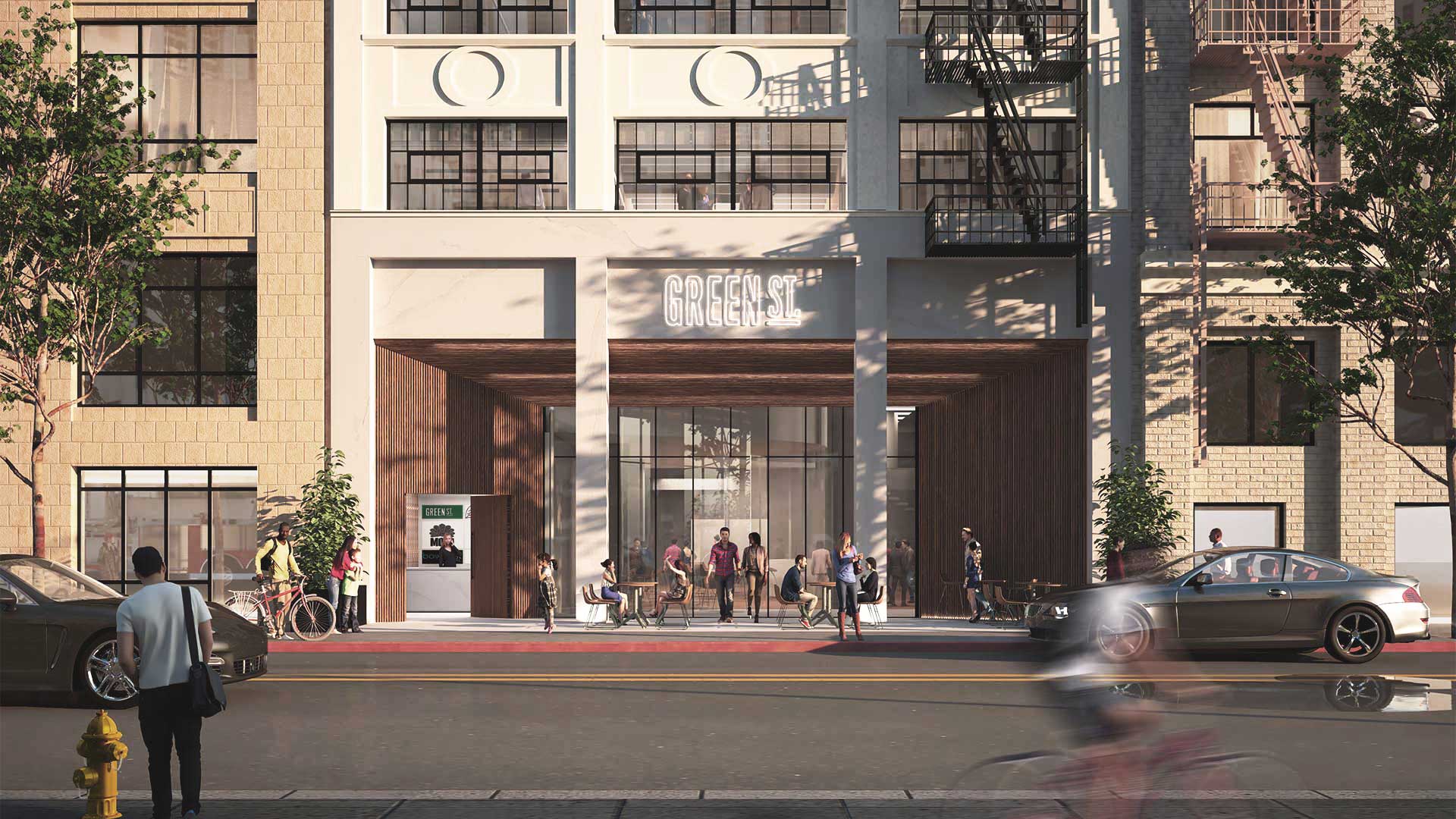Innovative architecture design firm M-Rad proposed a COVID mobile testing unit. Now Beyonce’s BeyGOOD charity is putting it into action.
By Kelly Phillips Badal
In the earliest days of the COVID-19 pandemic, the World Health Organization called for partners in envisioning health solutions that remain critically important, like PPE and testing units. That’s exactly the sort of challenge Matthew Rosenberg loves. He founded his experientially-focused, sustainably-minded architecture and design firm M-Rad with the tagline, “we provide bespoke solutions to universal problems.” And COVID-19, right now, is not only a universal problem, it’s the universal problem.

 |  |
Rosenberg’s team was already experienced in creating mobile and pre-fab homes—for instance, the hip “glamping” mobile camps they designed with Autocamp near Yosemite are tough-to-score reservations right now—so they drew on this knowledge to come up with a potential solution to an immediate issue: Getting safely and quickly tested for the coronavirus. By late April, M-Rad had proposed a mobile testing unit made of antimicrobial copper, able to travel around the city and test as needed. The idea was to alleviate the strain on local hospitals, particularly those bordering vulnerable communities. “When we proposed these units, L.A. had maybe four testing stations, and it was impossible to get a booking. It was just ridiculous how long it was taking,” Rosenberg recalls. “And those testing areas were hard to get to, so if you’re living in a lower income area, maybe you’d have to travel an hour on public transit, at a time when you're not supposed to be around anybody.” This unit, he imagined, could travel wherever needed—allowing communities of people to shelter in place as directed—and could be affordably built within nine weeks for under $40K. Eventually, in the post-COVID world, it could be used as a mobile delivery system to solve some other future urban and low-income problems. “These are really a passion project for us,” Rosenberg says.

 |  |  |
There was definite interest right off the bat. Rosenberg spoke with L.A. mayor Eric Garcetti, he spoke with California governor Gavin Newsom, he spoke with a bunch of other private establishments. Unfortunately, none of those conversations translated into funding the build of the units. That is, until someone from Houston, TX called...and kept persistently calling for 48 hours until Rosenberg called back. It turned out to be a representative from Beyoncé’s BeyGOOD initiative, wanting M-Rad’s mobile testing units fabricated and sent there, ASAP.
Beyoncé, in case you’re unaware, was born and raised in Houston; her mother Tina Knowles has lately created the initiative #IDIDMYPART to encourage residents, especially in the Black community, to get tested. Rosenberg isn’t yet sure exactly how and when the M-Rad-designed units will be used there, mainly because they were delivered just as Hurricane Laura made landfall. “They arrived, but then everyone buckled down,” sighs Rosenberg. “But they should be launching soon, and we’re pretty excited. We don’t really make any money or anything, but we’re dedicating all our design work for, hopefully, some social good in this case.”

Social good and problem-solving are really at the heart of what M-Rad does. And they take on a lot. Though the company is still quite young, just in existence since 2013, M-Rad has designed several exclusive members-only clubs—including DTLA’s new Green Street—Ring’s new headquarters in Hawthorne, and dozens of innovative multi-unit residential housing units and jaw-dropping private residences in L.A. and beyond. They’ve also done product design for Ralph Lauren Black, among other custom work. The firm often works in an end-to-end manner, offering architecture, development, products and marketing and branding services to clients.

 |  |
“We design to try to change people’s lives for the better, in everything they touch, feel, smell, see and hear,” says Rosenberg. “I believe if you can tap into all those things, you have a pretty good chance of doing that.” The criteria for his firm taking on a project tends to be about pushing the boundaries of what’s possible. “The business is really run around how to find solutions to problems that are relevant all over the world,” says Rosenberg. “We always ask, ‘Is a client doing this just to make a buck or to solve a problem?’ Not everything needs to solve a problem, but if you’re spending five years on something, there has to be a level of innovation and a desire to make things better, no matter what ‘it’ is.”

 |  |
He’s interested in tackling design for museums, transportation and potentially even for elementary schools in the future. “It’d be really fun to design a school that changes how kids learn, which is now more relevant than ever with all the kids Zooming in to school,” he adds.
And of course, Rosenberg and M-Rad would still be interested in creating more mobile testing units for the city of L.A.—or anywhere else. “The whole point is, how are underprivileged areas in cities being tested and served?” asks Rosenberg. “The truth is, they’re not. You still need a car to go get tested at Dodger Stadium.”
Mayor Garcetti, are you listening?
Photos courtesy of M-Rad
Other Posts We Think You Might Like

Everyone is talking about how Los Angeles is enjoying a tremendous blossoming of art, design and architecture, and no one is happier than interior designer Colin Dusenbury. “Here in Southern California, we are so lucky to have such a strong and diverse community of creative minds,” he says.
View Post



